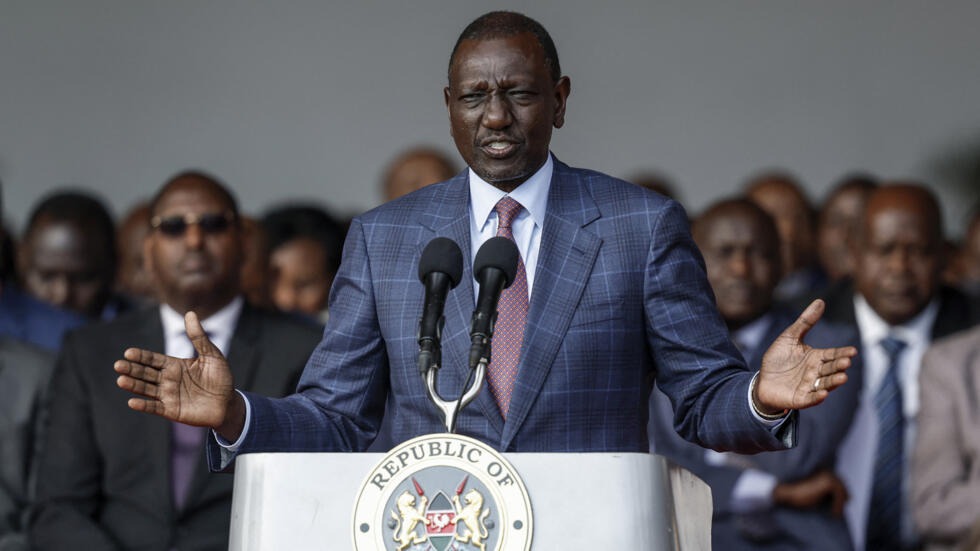
On June 26, 2024, President William Ruto announced his refusal to sign the contentious Finance Bill 2024 into law. This decision followed widespread protests and significant public outcry against the bill. Notably, Kenya’s youth, particularly Gen Z, played a pivotal role in challenging the Finance Bill 2024, showcasing a new era of political engagement. As a result, the Finance Bill 2024 will return to the National Assembly for further consideration.
Understanding President Ruto’s Decision on the Finance Bill 2024 Withdrawal
In a televised address, President Ruto acknowledged the voices of Kenyans who vehemently opposed the Finance Bill 2024, citing the potential increase in the cost of living and other economic burdens. Ruto stated, “Having reflected on the continuing conversation regarding the content of the finance bill 2024, and listening keenly to the people of Kenya who have said loudly that they want nothing to do with this Finance Bill 2024, I concede, and therefore I will not sign the 2024 finance bill and it shall subsequently be withdrawn…”
Next Steps in the Legislative Process After Finance Bill 2024 Withdrawal
- Return to the National Assembly: The Finance Bill 2024 will be sent back to the National Assembly along with a memorandum from President Ruto explaining his reasons for declining to sign it into law.
- Motion by the Majority Leader: Following parliamentary procedures, the Majority Leader will propose a motion for the House to agree with the President’s decision. This motion will initiate the official withdrawal of the bill from the legislative process.
- Revisiting the Budget: The government had planned to raise nearly Sh200 billion through the Finance Bill 2024 to support its Sh3.99 trillion budget for the 2024-25 fiscal year. With the bill withdrawn, the National Assembly must revisit the budget to identify alternative means of raising the required revenue.
- Continued Revenue Collection: Despite the withdrawal, the government will continue to collect revenue based on the existing Finance Act 2023. Current tax measures will remain in place until a new finance bill is created, approved, and signed into law.
Implications for Kenya’s Fiscal Policy Following Finance Bill 2024 Withdrawal
The withdrawal of the Finance Bill 2024 underscores the need for a balance between revenue generation and public welfare. The government must address the following challenges:
- Finding Alternative Revenue Sources: The National Assembly will need to explore new tax measures or other revenue sources that are more acceptable to the public to meet the revenue targets.
- Public Engagement: Moving forward, the government may involve various stakeholders, including young Kenyans, to draft more balanced and publicly acceptable ways to raise revenue.
- Economic Stability: Ensuring that Kenya’s economic goals, such as reducing the debt burden and financing essential services, are met without imposing undue hardship on its citizens.
Conclusion
President Ruto’s choice to heed to the Finance Bill 2024 withdrawal protests demonstrates that the protests had an impact and signifies an important milestone in Kenya’s legislative process. It highlights the importance of public opinion in shaping fiscal policy. As the National Assembly revisits the budget and seeks alternative revenue sources, it will be crucial to strike a balance that supports economic growth while addressing the concerns of the Kenyan people.